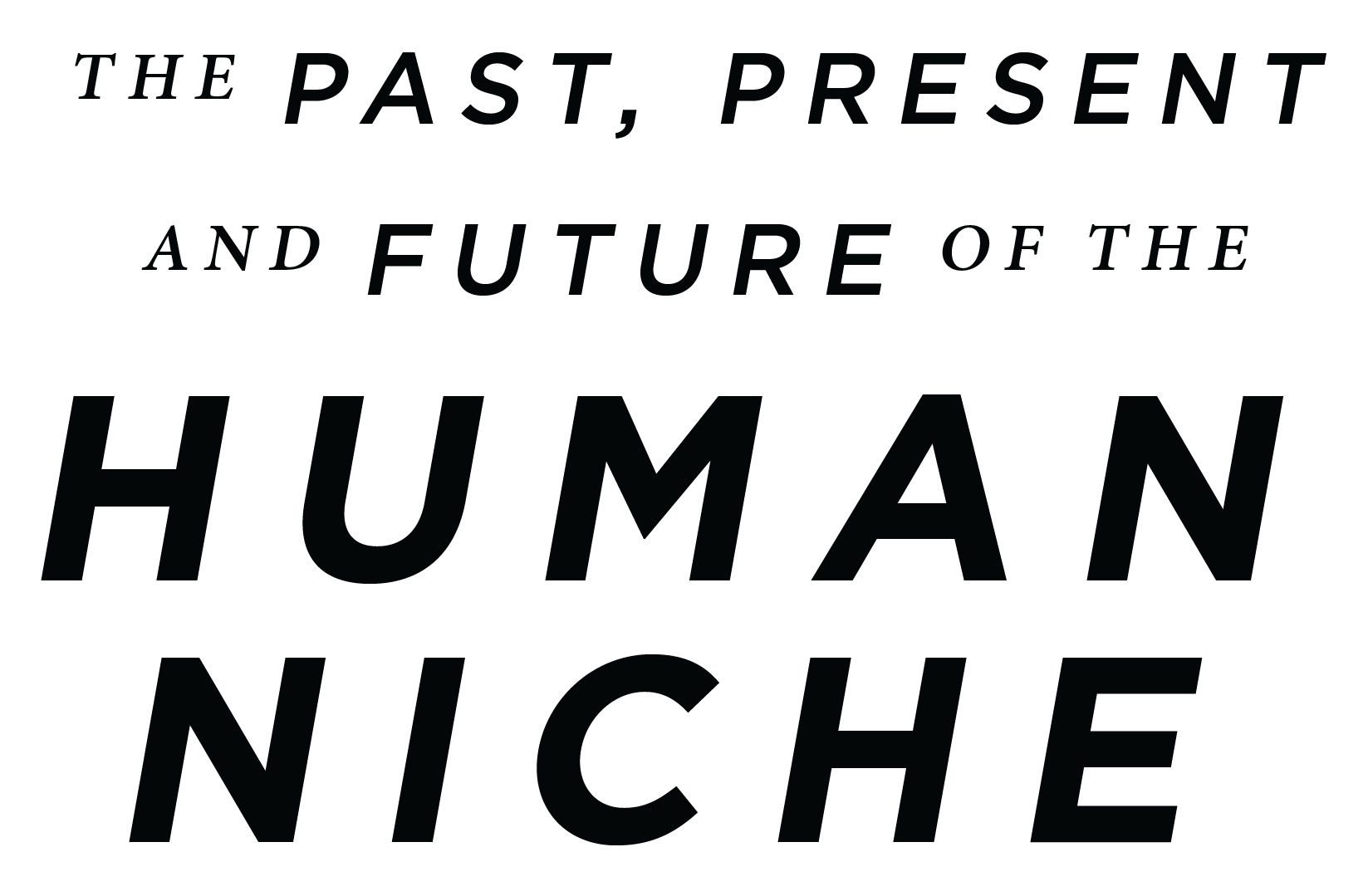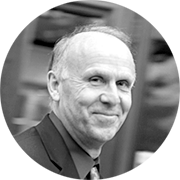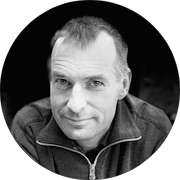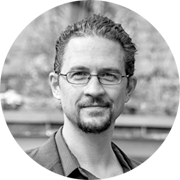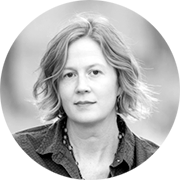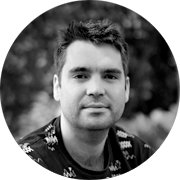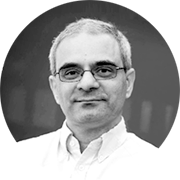
This project was an initiative of the Max Planck Institute for the Science of Human History in 2020-2021. For further information, please contact Prof Nicole Boivin.
Contributors
Latest
Conversation with behavioural scientist – Juliane Bräuer
New scientific studies actually show that dogs understand a lot about us humans. But do dogs also understand our emotions? Can they grasp causal relationships? And how does it actually work the other way round? What fascinates us humans about…
Read More
Prof Andrea Manica: The impact of climate on the Human Niche through time
Professor Andrea Manica began his studies in the Zoology Department at Cambridge University, and is now the leader of the Cambridge Evolutionary Ecology Research Group.
Read More
Conversation with Associate Professor of Economic Psychology – Michael Muthukrishna
Michael Muthukrishna's research focuses on answering three broad questions: (1) Why are humans so different to other animals? (2) What are the psychological and evolutionary processes that underlie culture and social change, and how is information transmitted, maintained, and modified?…
Read More
Conversation with science writer – Carl Zimmer
Carl Zimmer is a popular science writer and columnist, who reports from the frontiers of biology, where scientists are expanding our understanding of life.Discussing “The Past, Present and Future of the Human Niche” can lead us to some very detailed…
Read More
Conversation with Professor of Anthropology – Agustín Fuentes
Agustín Fuentes, Professor of Anthropology at Princeton University, is an uncompromising champion of the complexity of Human Niche construction. Scientists alert to complexity in this way are often those who prefer to look at the fine detail of our world…
Read More
A response by Dr Laurel Fogarty following Prof Melinda Zeder’s lecture
In her wide-ranging and fascinating talk ‘Why Evolutionary Biology Needs Anthropology’, Dr. Melinda Zeder made a compelling argument that most (or all?) processes that are central to the extended evolutionary synthesis are present in human-domesticate relationships.
Read More
Program 2021 – 2022
The full program of talks, interviews and conversations can be accessed here.
